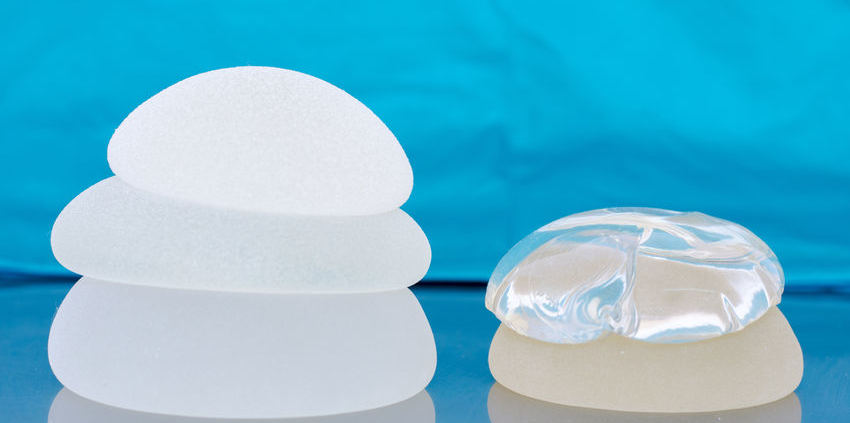24 July 2019
This morning, the US FDA announced that it was recommending that specific models of breast implants manufactured by Allergan be removed from the market due to concerns about breast implant associated anaplastic large cell lymphoma (BIA-ALCL), a form of cancer. Allergan responded by announcing a worldwide recall of BIOCELL textured breast implants.
The FDA announcement notes that 573 cases of BIA-ALCL have been diagnosed worldwide, and the majority of the cases (481) have been linked to Allergan implants. While BIA-ALCL is thought to be curable by removing the implant and capsule, the FDA announcement reports that 33 patients have died. In 13 of the cases (of patient death) where the implant manufacturer was known, 12 patients had Allergan implants. The FDA announcement was prompted by information received since March 2019, when the FDA issued a letter to healthcare providers and held a public meeting to increase awareness of BIA-ALCL and to request that suspected cases be reported.
The plastic surgeon’s office typically keeps a record of the type of implant placed. Today’s FDA announcement stated that the majority of implants placed in the US are NOT the textured form, and that the specific type of Allergan implant implicated accounts for about 5% of all implants placed in the US. BIA-ALCL is not common, and typically presents with rapid accumulation of fluid (that a patient would notice as swelling) sometime after placement. As always, report any changes to your physician.
Update after 7/25/19 FDA call: I had the opportunity to sit in on a call with the FDA and several other surgical societies this morning and a few points were made:
- The implants implicated in the recall were not marketed in the US prior to March 2000.
- A small percentage of cases of BIA-ALCL have occurred in patients who have no history of textured implants.
- Tissue expanders, the temporary “spacers” that are often used prior to stretch the skin and muscle, are often textured. They are not usually left in place for more than a few months, but the FDA did not have any information or insights as to whether these might be the cause of BIA-ALCL in patients with no history of textured implants.
- The FDA is not recommending removal of implants in asymptomatic patients. They stressed that if implants are removed, the implant capsule (the fibrous scar tissue that normally forms after implant placement) also needs to be removed, because that is where the ALCL develops.
- It was discussed that there is no “early detection” for BIA-ALCL, and that patients may not be comfortable with a “watch and wait” approach.
- Concerns were raised about insurance coverage for implant removal and replacement, especially in patients who are asymptomatic. The FDA commented that insurance coverage issues are out of their scope of practice but they recognize the problem. They did note that they had met with patient advocate groups earlier today
- All of the representatives from the surgical organizations that were on the call agreed that education of their members as well as the larger physician community is necessary. A representative from the American Society of Plastic Surgeons noted that they have been educating their members for some time and have patient resources on their website. They also stressed that if patients note any changes, they should seek out a board-certified plastic surgeon
- Symptoms of BIA-ALCL include the sudden development of swelling (due to fluid accumulation) with or without a mass. Any changes should be promptly reported.

